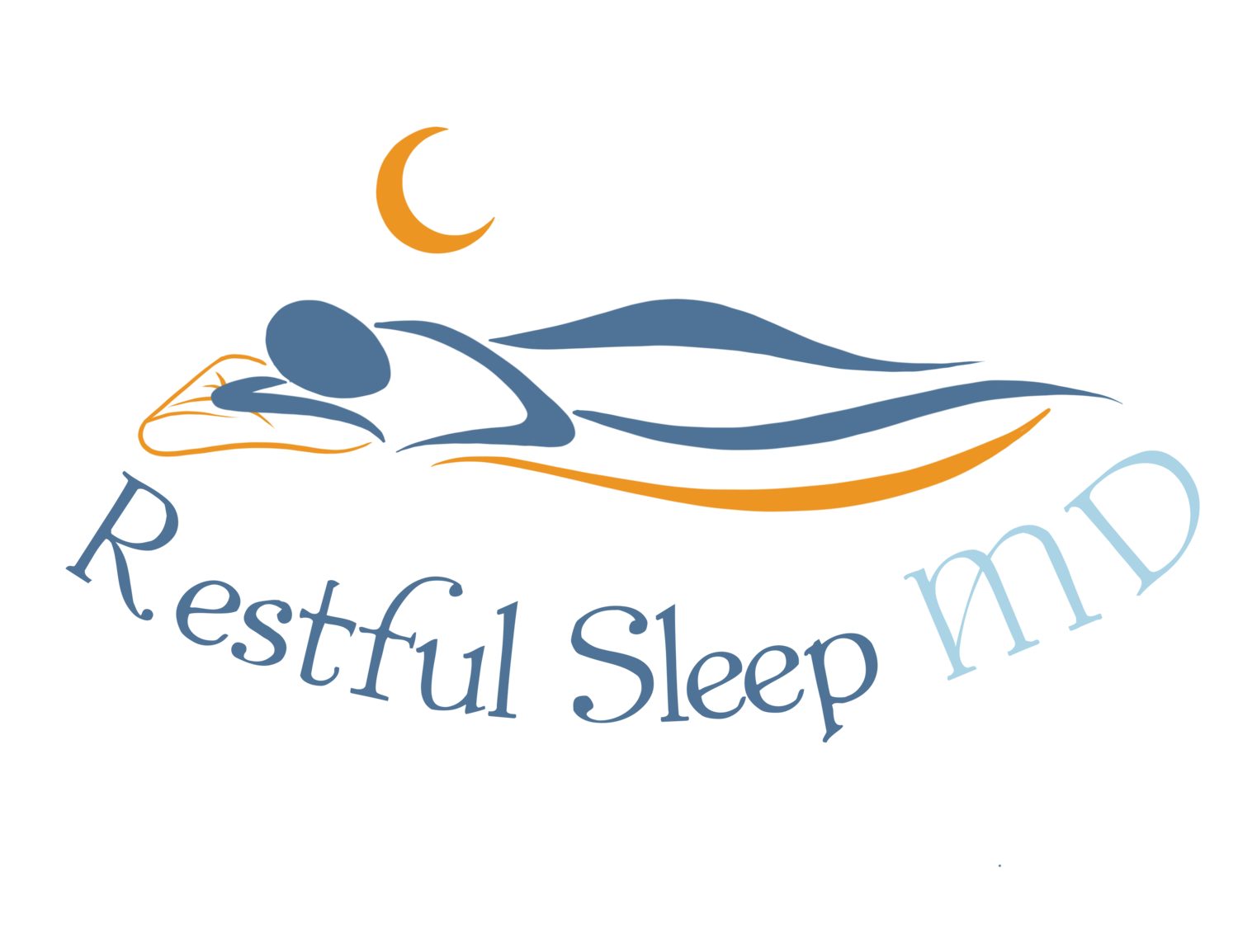Choosing the Best Sleeping Positions: Tips for Better Sleep
When it comes to achieving a restful night's sleep, many wonder, "What's the best sleeping position for me?" At The Restful Sleep Place, we recognize that the answer isn't one-size-fits-all. Your ideal sleep position depends on factors like comfort, health conditions, and personal preferences. Let's explore different sleeping positions and offer insights to help you make an informed choice.
Before Exploring Sleep Positions, Here are a Few Items to Consider:
Comfort is Key: Your comfort is paramount. Choose a sleeping position that feels natural and helps you achieve sound sleep. After all, restful sleep starts with feeling relaxed in your chosen position.
Consider Your Health: Your health is crucial. If you have conditions like sleep apnea, acid reflux, or back/neck pain, finding a position that accommodates these issues is essential. Our sleep specialists can recommend the best position for your needs.
Pregnancy and Sleep: Expecting mothers may need to adjust their sleeping position. Sleeping on your left side is often recommended during pregnancy as it promotes better blood flow to the fetus. Consult with a pediatric sleep specialist for personalized advice.
Managing Sleep Apnea: Specific sleep positions can help alleviate sleep apnea symptoms by preventing airway blockage. Our insomnia doctors can guide you on the optimal sleeping position to mitigate this condition's effects.
The Impact of Mattress and Pillow: Your mattress and pillow play a significant role in sleep quality. A suitable mattress supports your back, while the right pillow maintains proper spinal alignment and reduces discomfort. We'll help you choose the best options for a restful sleep experience.
Exploring Common Sleep Positions:
Back Sleeping: Sleeping on your back promotes spinal health and reduces back and neck pain.
Side Sleeping: This position benefits snorers and those with acid reflux by keeping airways open.
Stomach Sleeping: While this can strain the neck and spine, placing a pillow under your hips can alleviate pressure.
Pillow and Mattress Support: Whether you prefer back, side, or stomach sleeping, using supportive pillows and mattresses is crucial for comfort and proper alignment. Our sleep therapists can assist you in selecting the right ones for your needs.
In conclusion, your sleep position is personal. Besides medical advice, experimenting with positions and sleep setups is key to finding what works best for you. At The Restful Sleep Place, we're committed to guiding you toward sound sleep and better overall health.
Feel free to contact The Restful Sleep Place to schedule a consultation and discuss your unique sleep concerns with a sleep specialist or sleep doctor. We're dedicated to helping you achieve restful sleep and improved well-being.


